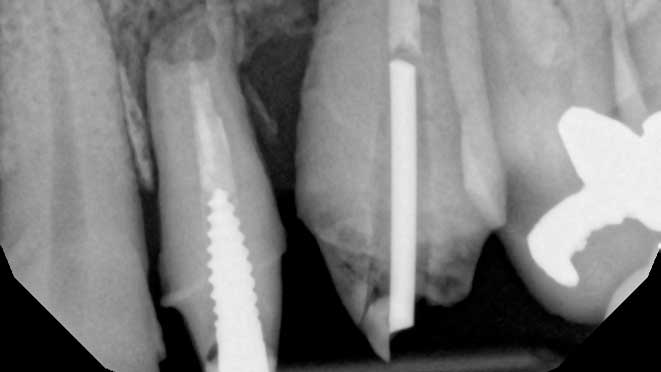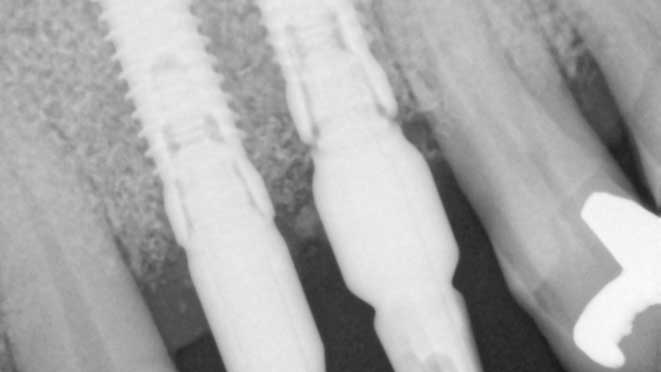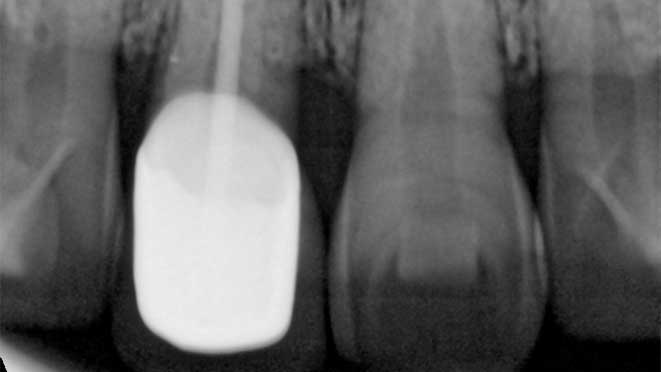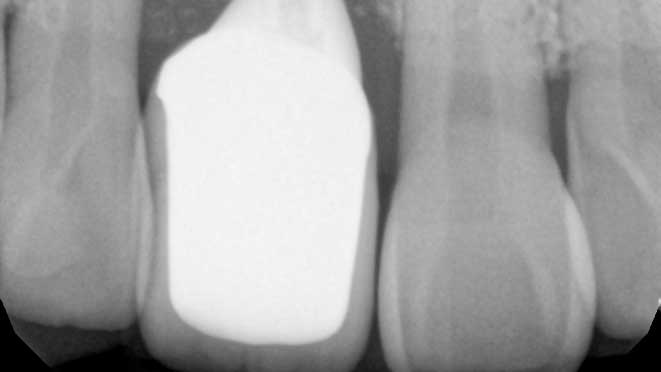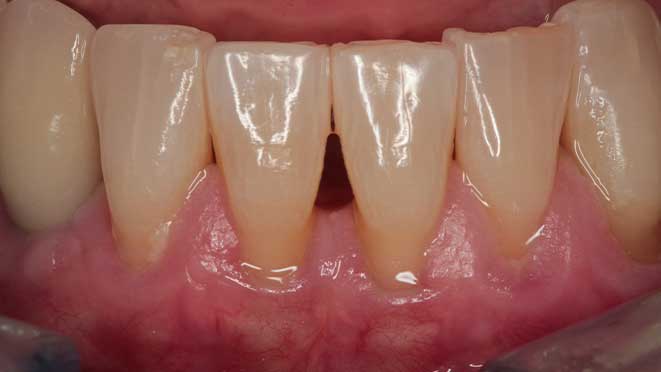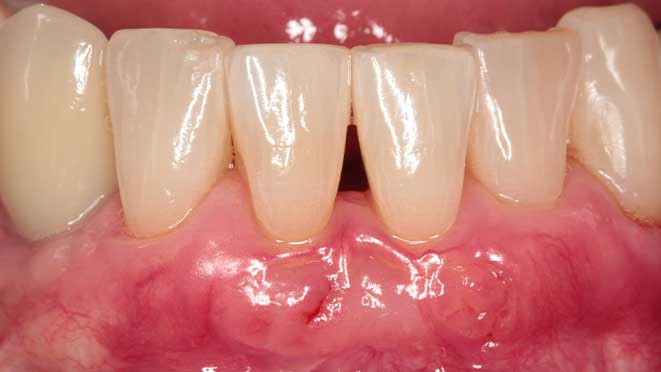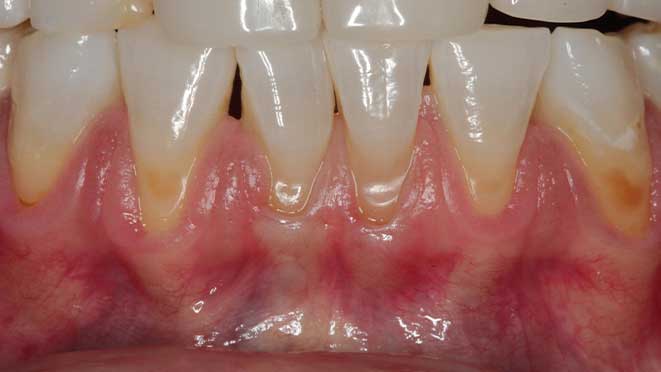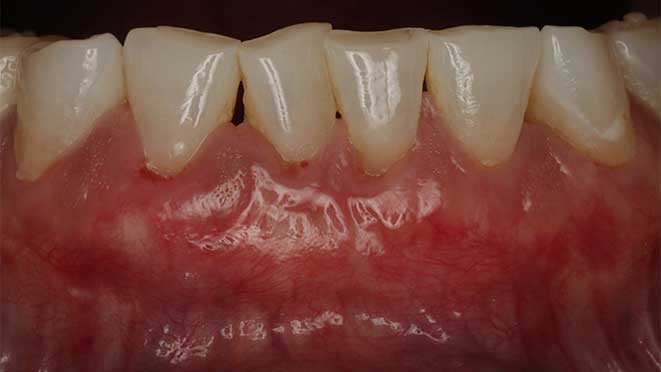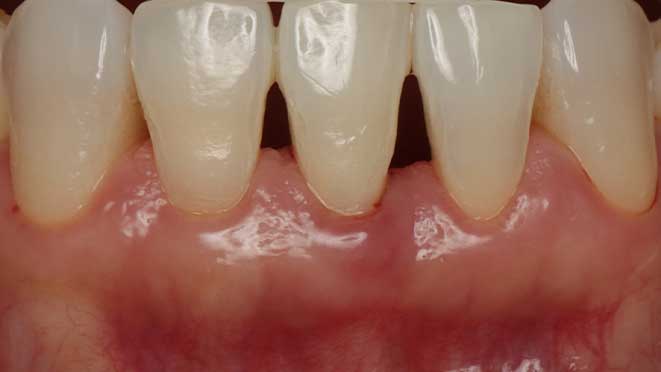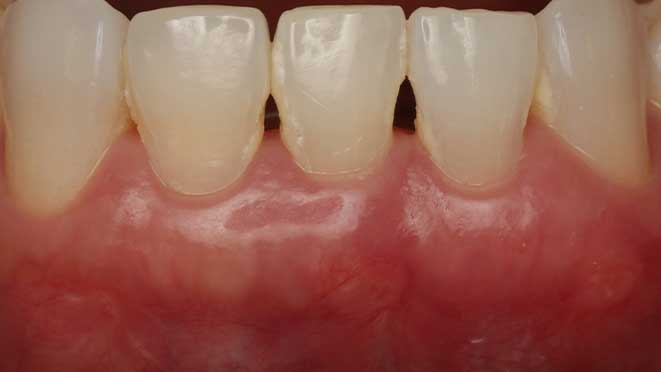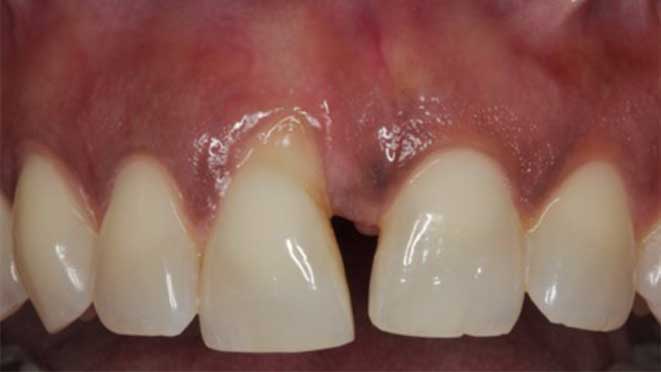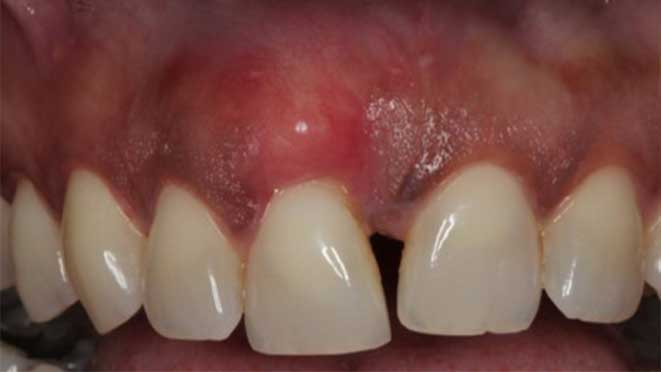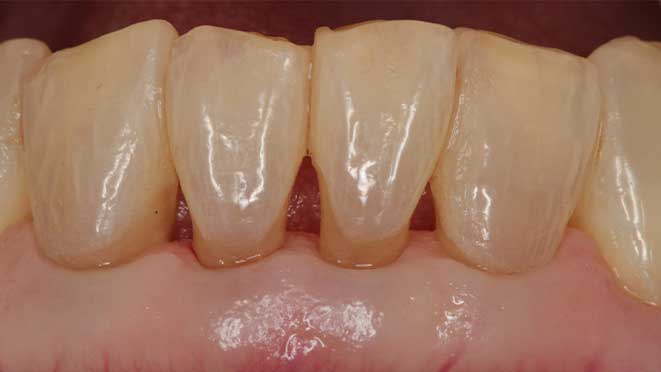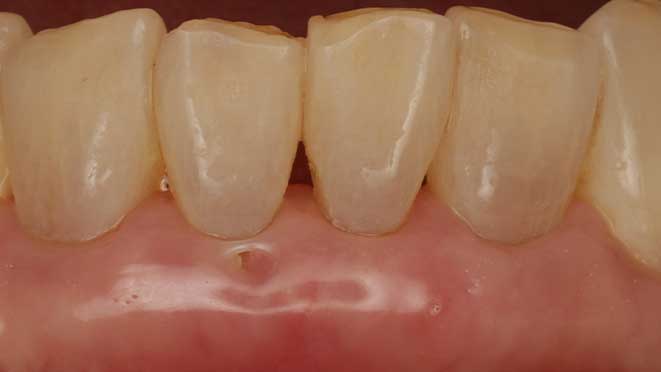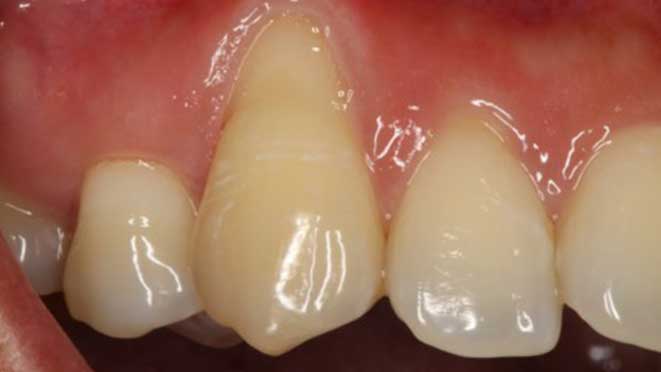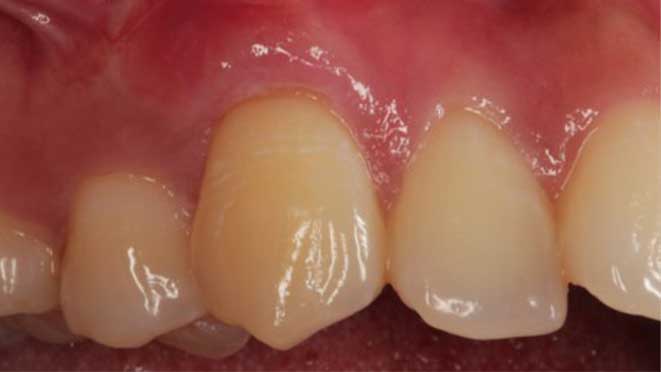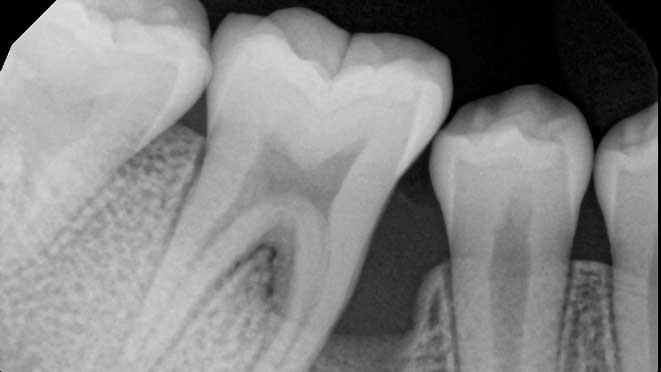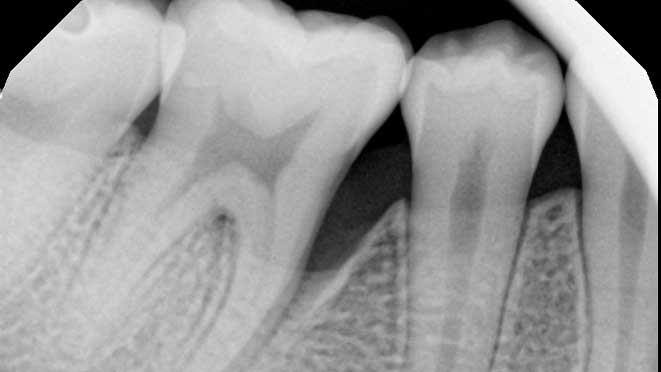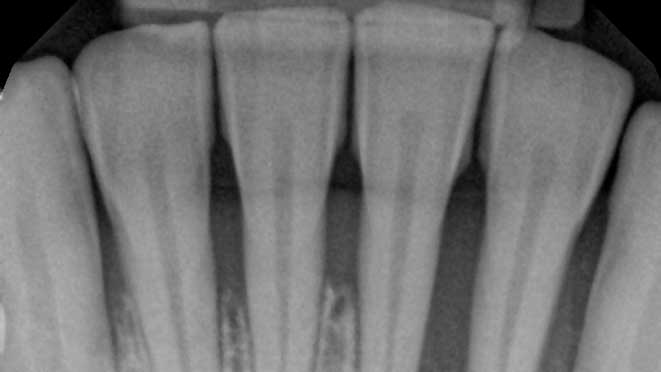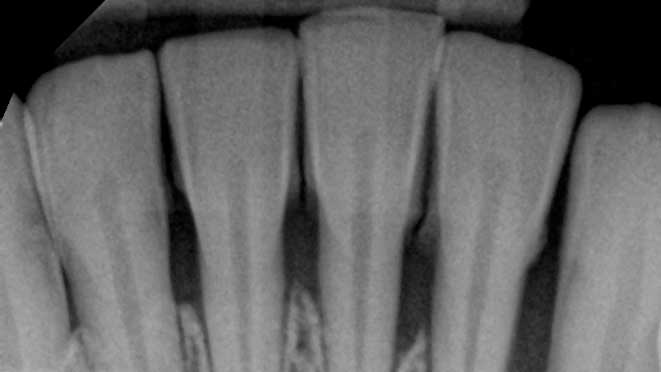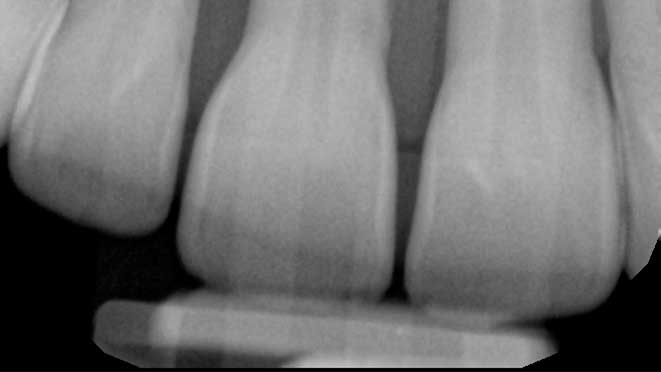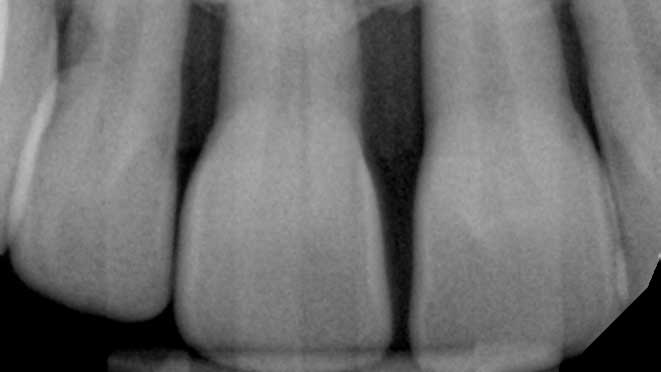
Diabetes
The Connection between Diabetes and Periodontal Disease
Why You Should Care
Diabetes is a chronic disease that affects millions of people worldwide. Alongside the many complications that come with diabetes, periodontal disease is one of the most serious. Periodontal disease is a serious gum infection that damages the soft tissue and destroys the bone that supports your teeth. It is especially important for diabetics to maintain healthy gums because studies have linked poor oral health to increased blood sugar levels, making diabetes more difficult to manage. In this blog, we will explore the relationship between diabetes and periodontal disease, and why it is important for diabetics to take care of their oral health.
How Diabetes Affects Periodontal Disease
Diabetes impairs white blood cells, which play a crucial role in fighting infections and combating gum disease. This impairment makes it more difficult for the body to fight gum infections, such as periodontal disease. Thickened blood vessels is another complication associated with diabetes that makes it more difficult for the body to deliver nutrients and oxygen to the gums, which contributes to periodontal disease. Studies have shown that diabetics have an increased risk of periodontal disease compared to non-diabetics.

